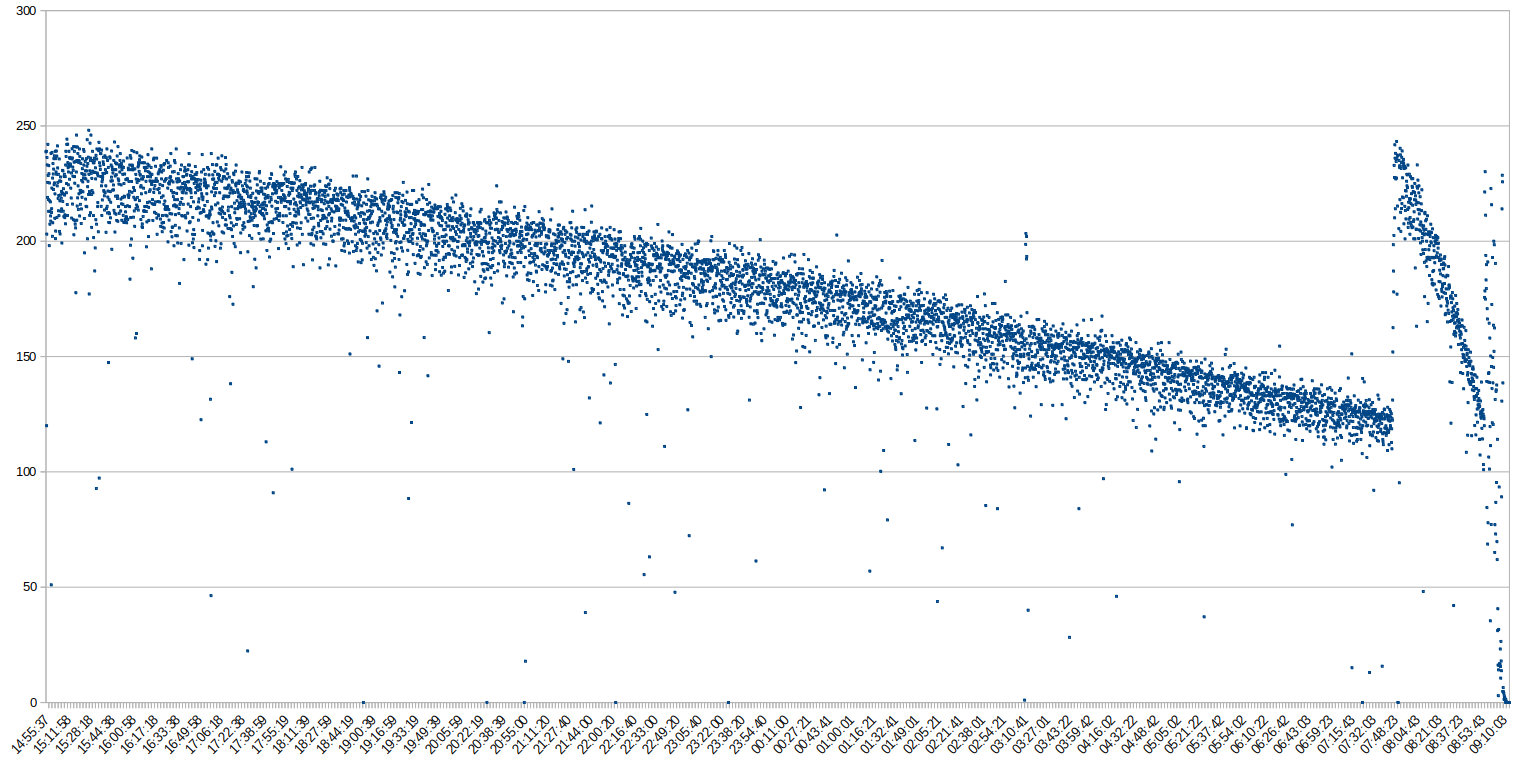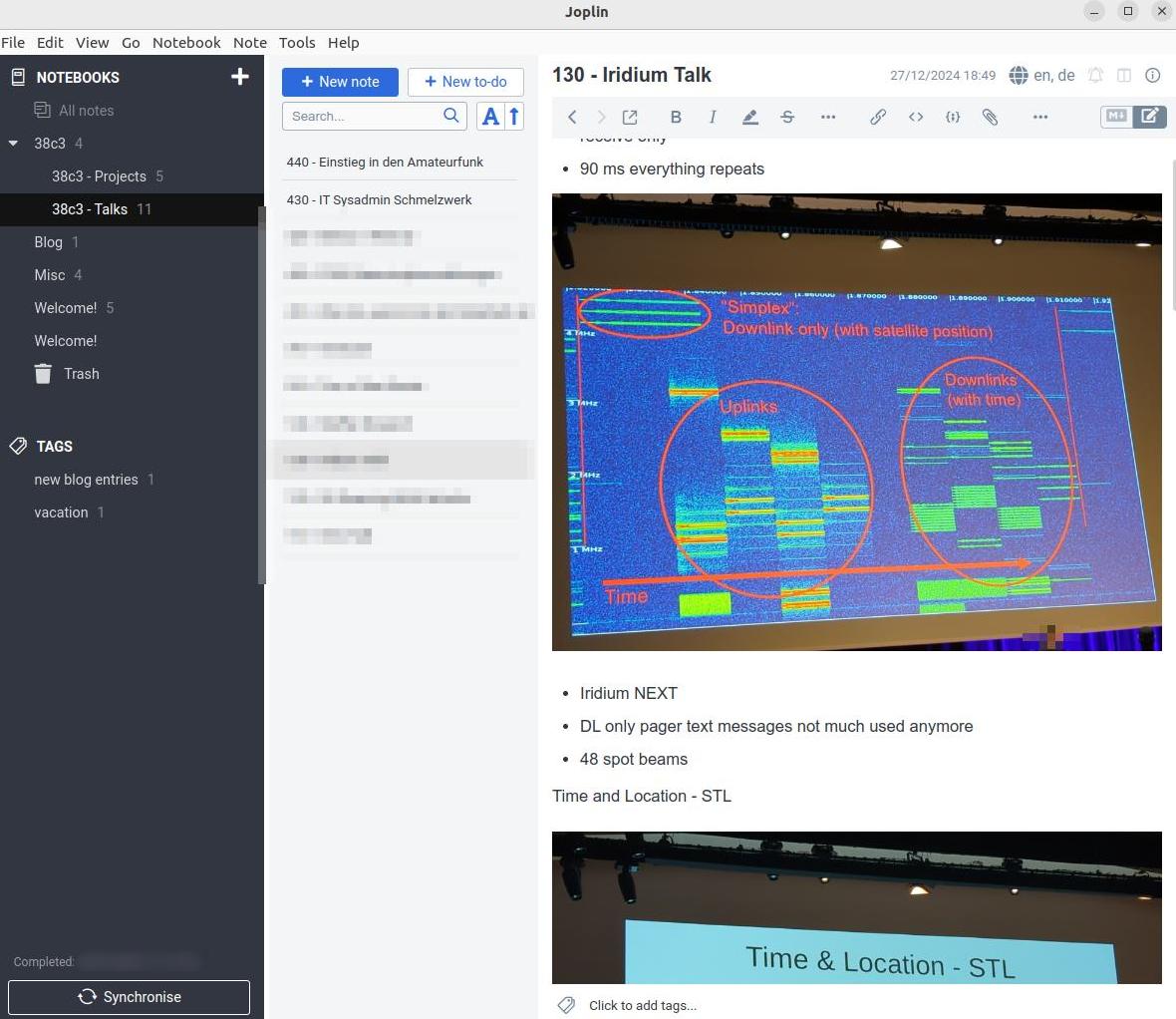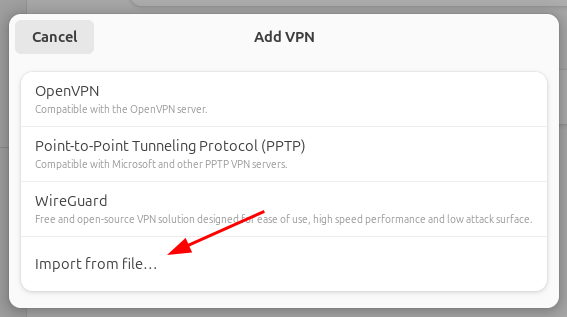Just a quick note today about upgrading my Pixel 6 to from LineageOS 21 to LineageOS 22, which is Android 15 without the Google privacy invading parts:
While standard updates can be done on the phone itself, upgrading from one major version to the next requires side-loading. I’m always a bit weary of doing this, because I’m not keen on bricking a device that I use 24/7, or to reinstall stuff. But LineageOS points out that going from one major version to the next with sideloading will keep the data in place. I’ve done it twice now on my Pixel 6 and it worked both times.
So here is the deal: It only takes about 10 minutes and 2 shell commands on the PC: One adb command to reboot in sideloading mode and one adb command to sideload the latest Lineage ...signed.zip image. And that’s it.
For the full details on how to update from one major version to the next, have a look here for all update options or go straight here for the ‘manual’ major version jump info.




